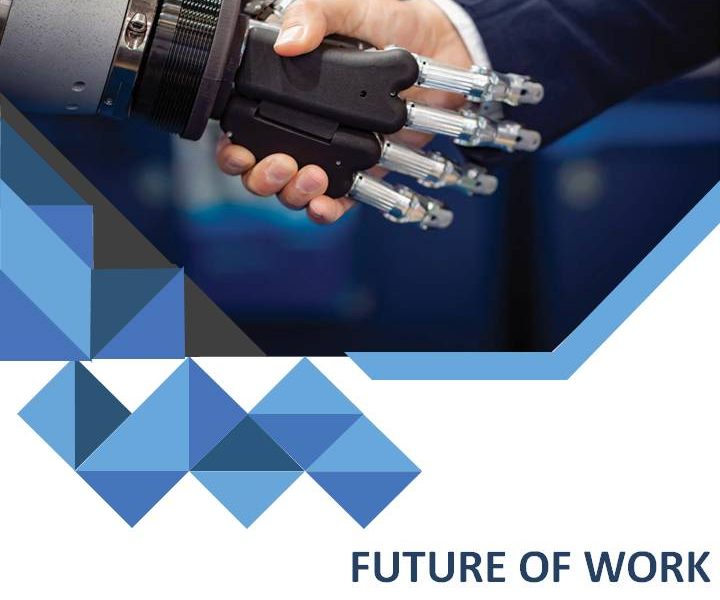Harmonics, the Irish partner of OI Global Partners (one of the world’s largest career consulting partnerships), has released the results of its third annual proprietary survey of global leaders from the 28 countries in which OIGP operates. Talent managers and HR professionals representing over 1,000 organizations — more than double last year’s response rate — were from a range of industries led by Financial Services and Technology followed by Manufacturing, Nonprofits, Hospitals & Healthcare, and Education.
The goals of the survey were to understand the following:
- the skills employees must have to be competitive today;
- the most significant people challenges currently facing organizations;
- the most effective ways to develop talent; and
- the roles most at risk.
Almost 10% of the respondents were from Ireland.
John Fitzgerald, managing director of Harmonics, said “The results show that in every part of the world, organizations share common challenges and risks and they have found a variety of solutions to manage the evolving work landscape – some which may be more effective than others.”
Among the key findings of the survey, respondents indicated that the top two skills employees must have to be competitive are: 1) leadership agility: the ability to take effective action in complex, rapidly-changing conditions; and 2) coordinating with others: the ability to collaborate, especially in changing environments.
John Fitzgerald noted, “There is a direct correlation between the number one most valued skill and one of the key people challenges that organisations are facing – adapting to change. The speed of change in the global economy means employers are almost always in a restructuring and change mode. Every organisation now wants agile people as they are more likely to adapt to change.”
Recruitment is the most critical concern of talent managers today with most of them saying that attracting and hiring new talent is their biggest challenge. “We are very much still in an employee driven marketplace. There is quite simply a global scarcity of specialized talent. From our experience, an organisation’s employer value proposition (EVP) needs to promise more than extrinsic rewards. Companies who align their EVP to the organisations purpose will have a competitive advantage in the race for talent,” noted Mr Fitzgerald.
Half of talent managers say that adapting to change significantly challenges their organisations, making it the second most frequently indicated human resources issue after recruitment, followed by managers lacking coaching skills. Once on board, retaining and engaging employees become paramount.
“The same five people challenges have occupied the attention of organisations each year we have conducted this survey; they have just traded places, so there is a high level of consistency” commented Mr. Fitzgerald.
Leadership development programmes are seen as the number one most effective talent development followed by annualized personal development reviews and assessments ranking second and third.
“The popularity of annualized personal development reviews and assessments surprised us because our experience indicates that these are not effective talent management activities. We believe this high response relates to the lack of time managers have to coach their people. Employees need regular development conversations and assessments need to be linked to an OD strategy to be effective. Training managers as coaches and one-to-one executive coaching can be much more effective interventions,” commented Mr. Fitzgerald.
The roles most at risk are:
- finance and accounting roles, which moved up dramatically in the ranking;
- administrative and support staff, in keeping with 2017’s results;
- managerial roles, especially middle management as Organisations become flatter and less hierarchical.
“The decline of routine repetitive work continues apace as a result of automation and AI. This is hitting both high and low skill occupations. An eagerness to learn and indeed relearn has never been more necessary for those whose roles are at risk,” said Mr. Fitzgerald.
In conclusion, Mr Fitzgerald said, “These survey results highlight the need for both employers and employees to stay agile, continuously adapt to change and demonstrate an eagerness to learn for life to stay competitive.”


